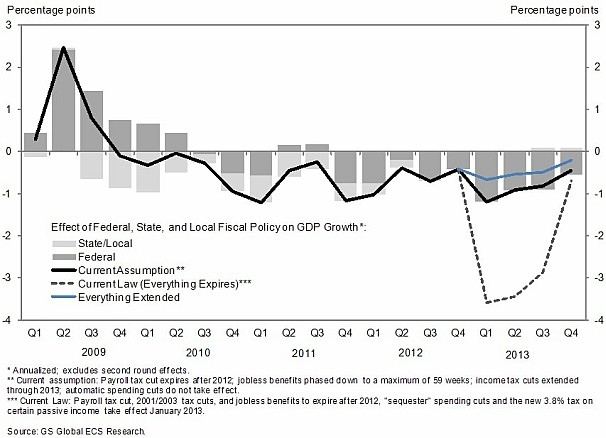Karen Selick demolishes the case for mandatory diversity in appointing judges:
Even if the composition of the bench mirrored precisely the general population, this would still not address the complaint voiced by one former judge — himself a Sikh — that minority members feel “less understood or valued” by judges who aren’t of their own minority group. If nobody can understand or value anybody else unless they are members of the same minority group, we would have to take the additional step of matching judges to the personal characteristics of defendants or litigants. Whites would have to be judged by whites, blacks by blacks, aboriginals by aboriginals, and so on. In short, we’d need complete apartheid in our judicial system — hardly a formula for societal harmony.
Besides, litigants don’t come packaged in neat compartments. What if a gay, black, francophone, atheist male sued a straight, white, disabled, anglophone, Catholic female? It would clearly be impossible to find a judge whose personal characteristics matched both litigants. Would we need to appoint a panel of eight to ensure that all bases were covered?
The idea that people are incapable of empathy, understanding or compassion toward others different from themselves is manifestly false. We cry at movies precisely because we are able to empathize with the characters onscreen, even though we ourselves have never experienced the same trials, tribulations or skin colour. If white Canadians were genuinely indifferent or hostile toward the plight of different peoples, Canada would never have adopted a clause in its Charter of Rights and Freedoms outlawing discrimination and promoting affirmative action; it would not have enacted anti-discrimination laws in every province; and The Globe and Mail would not be clamouring for more minority judges.




